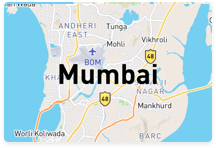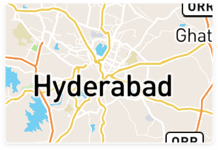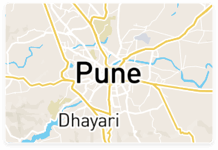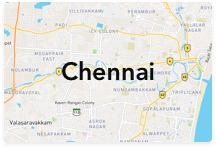Yes, the Portuguese language used in Latin America—primarily in Brazil—is different from the Portuguese spoken in Portugal (often called European Portuguese). These differences are similar to the distinctions between American and British English. Here’s how they differ:
1. Pronunciation
-
Brazilian Portuguese: Generally has clearer, more open vowels, and each syllable is pronounced more distinctly.
-
European Portuguese: Tends to "swallow" some vowels and consonants, making the pronunciation more compact and less syllabic.
Example:
-
Word: "pequeno" (small)
-
Brazilian: /peˈke.nu/
-
European: /pɨˈkɐ.nu/ or even more contracted
-
2. Vocabulary
There are many word differences, just like "truck" vs. "lorry" in English.
Examples:
-
Bus
-
Brazilian: ônibus
-
European: autocarro
-
-
Cell phone
-
Brazilian: celular
-
European: telemóvel
-
3. Grammar and Usage
-
Formal vs. Informal Address: In Brazil, você (you) is widely used in both formal and informal settings. In Portugal, tu is used more informally, and você can sound impersonal or even rude.
-
Verb Conjugation: Differences in conjugation, especially for the second person, occur due to the varied use of tu and você.
4. Spelling
A spelling reform in 2009 aimed to unify the orthography between Brazilian and European Portuguese, but not all countries implemented it uniformly. Brazil adopted most of the changes; Portugal, more selectively.
Summary:
-
Mutually intelligible? Yes.
-
Cultural/language identity? Strongly distinct.
-
Which is taught? Depends on the region or goal (Brazilian Portuguese is more common in the Americas and business contexts; European Portuguese in Europe and Africa).
Would you like a comparison table or audio examples of the accents?












